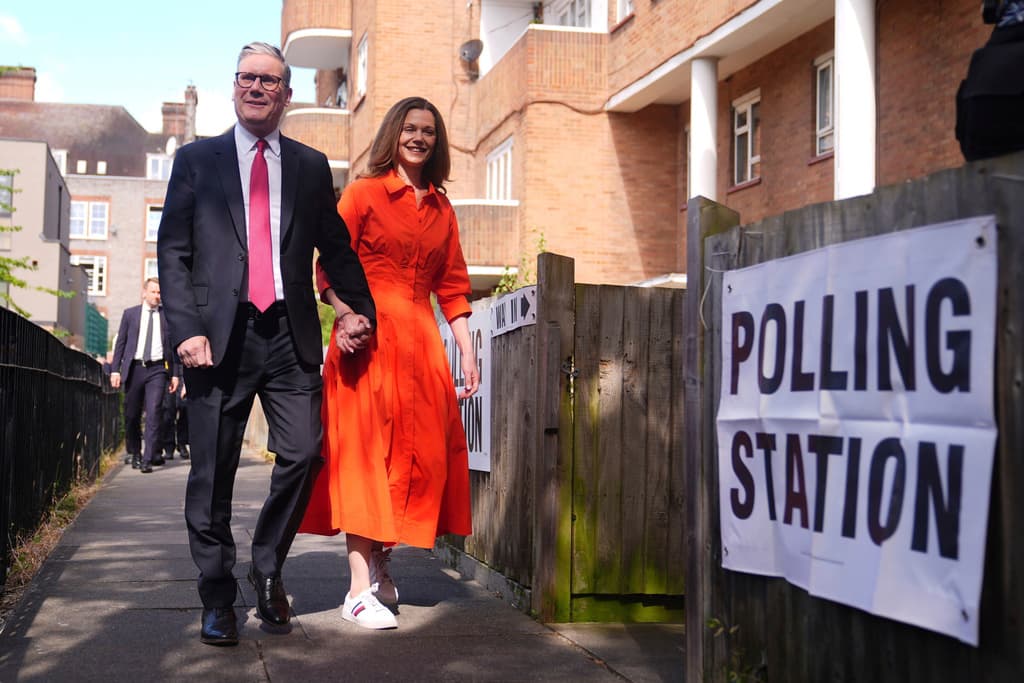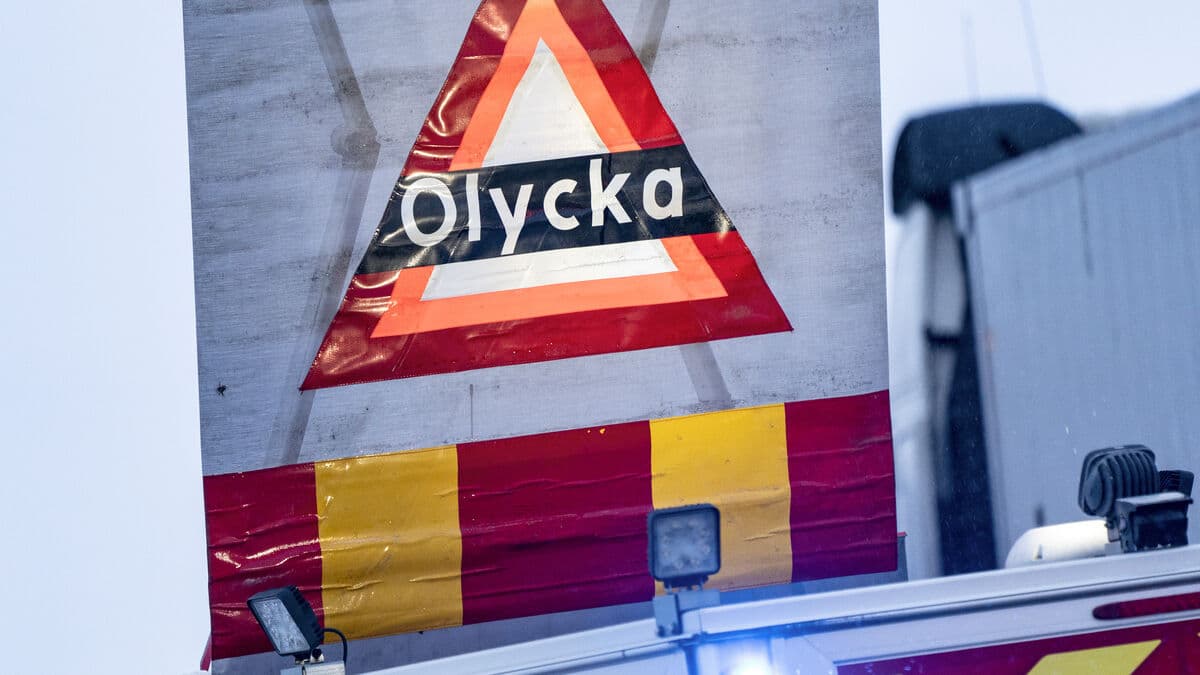Millions of Britons are choosing today who will sit in the country's parliament. Labour leader Keir Starmer – who is tipped to become Britain's next prime minister – arrived at the polling station in London just before lunch.
The parliamentary election is expected to end with a landslide victory for the social democratic Labour when the conservative Tories, who have held power for 14 years, seem to be heading for a massive defeat.
Britain's future is at stake. But the changes will only come if you vote for them, said Keir Starmer on his way to his polling station in Camden, north London.
However, neither he, Prime Minister Rishi Sunak, nor any other party leader gets high popularity ratings, and trust in politicians is low.
I don't really trust any of them, but I'm going to vote. That's how many of my friends feel, says 22-year-old student Judith to AFP.
The right-wing populist Reform, led by Nigel Farage, is also expected to make gains. According to opinion polls from Monday, the party is expected to receive between 13 and 19 percent of the votes, Prime Minister Rishi Sunak's Tories 15-25 percent, and Starmer's Labour 35-45 percent.
The seats in the British House of Commons are not distributed proportionally according to the number of votes for each party – instead, it is the candidate with the most votes in each constituency who is awarded a seat.
Therefore, a party can gain a majority in parliament without winning half of the national votes. Similarly, a smaller party can go unrewarded despite many votes.
Despite the successes, the Reform Party is expected to get relatively few seats, while the Tories are expected to become the second-largest party.
A first exit poll is expected when the polling stations close at 11 pm, Swedish time. A result is expected at the earliest during the late night to Friday.






